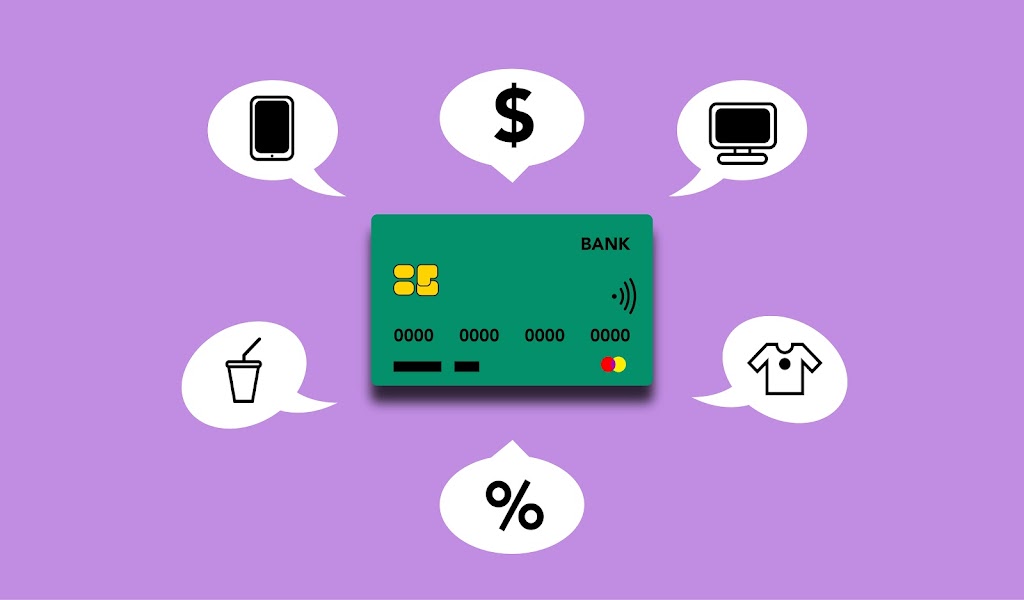Introduction
The gig economy, characterized by short-term contracts and freelance work, has revolutionized the way people work and earn a living. While it offers unparalleled flexibility and opportunities for independence, it also brings unique financial challenges. In this comprehensive guide, we will explore personal finance in the gig economy, providing insights, strategies, and tips to help gig workers manage their finances effectively.
Understanding the Gig Economy
1. Defining the Gig Economy
The gig economy encompasses a broad spectrum of freelance and independent work, from ride-sharing drivers and freelance writers to graphic designers and online tutors. Workers in the gig economy are often referred to as “gig workers” or “independent contractors.”
2. The Rise of Gig Work
The gig economy has grown substantially in recent years, driven by technological advancements and shifting labor market trends. This shift has led to a significant portion of the workforce participating in gig work either full-time or as a supplementary income source.
3. Benefits and Challenges
Benefits:
- Flexibility: Gig work allows individuals to set their own schedules.
- Diverse Income Sources: Gig workers can diversify their income streams.
- Entrepreneurial Opportunities: Gig workers often act as micro-entrepreneurs.
Challenges:
- Financial Insecurity: Irregular income can lead to financial instability.
- Lack of Benefits: Gig workers typically lack traditional employee benefits.
- Tax Complexity: Self-employment taxes can be complex to navigate.
Managing Gig Income
4. Budgeting for Irregular Income
Creating a budget is crucial for gig workers. Start by calculating essential expenses and setting aside a portion of each gig payment for these expenses. Budgeting apps and tools can help track income and expenses.
5. Emergency Fund
Given the variable nature of gig work, building an emergency fund is essential. Aim to save at least three to six months’ worth of living expenses to weather financial storms.
6. Healthcare and Retirement Planning
Gig workers often lack employer-sponsored healthcare and retirement benefits. Explore healthcare options through the Affordable Care Act and consider setting up a Simplified Employee Pension (SEP) IRA or a Solo 401(k) for retirement savings.
Taxes and Financial Obligations
7. Tax Considerations
Gig workers are responsible for paying both the employer and employee portions of Social Security and Medicare taxes. Understand your tax obligations and consider working with a tax professional to optimize deductions.
8. Quarterly Estimated Taxes
Gig workers should make quarterly estimated tax payments to avoid penalties. Calculating these payments can be complex, so consult with a tax advisor.
9. Record Keeping
Keep meticulous records of income and expenses, including receipts, invoices, and mileage logs. Proper record-keeping simplifies tax filing and expense tracking.
Financial Planning for Gig Workers
10. Setting Financial Goals
Define short-term and long-term financial goals, such as saving for a home, paying off debt, or funding education. Having clear objectives will guide your financial decisions.
11. Debt Management
Reducing High-Interest Debt: Prioritize paying off high-interest debts like credit card balances. Reducing interest payments can free up more income for savings and investments.
12. Investing for the Future
Retirement Accounts: Consider opening an Individual Retirement Account (IRA) or a Roth IRA to save for retirement. These accounts offer tax advantages and investment opportunities.
Diversify Investments: Diversify your investments to spread risk. Stock market investments, bonds, and real estate can all be part of a well-balanced portfolio.
Navigating Gig Worker Challenges
13. Insurance Coverage
Explore insurance options such as liability insurance, disability insurance, and gig worker-specific insurance policies. Coverage can protect you from unexpected financial setbacks.
14. Networking and Skill Development
Continuous learning and networking within your gig industry can lead to higher-paying opportunities. Invest in skills that are in demand to increase your earning potential.
15. Legal and Contractual Considerations
Contracts: Ensure clear, written contracts with clients to protect your rights and establish payment terms.
Taxes and Compliance: Comply with tax laws and regulations specific to your gig work. Consult an attorney if you have legal concerns.
Conclusion
The gig economy offers unprecedented flexibility and entrepreneurial opportunities for workers. However, it also presents unique financial challenges that require careful planning and management. By understanding budgeting, tax responsibilities, and financial planning, gig workers can navigate the gig economy successfully, achieving both financial stability and independence.
FAQs
- Is gig work a viable long-term career option?
- Gig work can be a long-term career choice, but it requires careful financial planning. Building an emergency fund, saving for retirement, and managing taxes are essential for long-term success.
- How can gig workers access affordable healthcare?
- Gig workers can explore health insurance options through the Affordable Care Act’s marketplace or consider joining a professional association that offers group health plans.
- Gig workers can explore health insurance options through the Affordable Care Act’s marketplace or consider joining a professional association that offers group health plans.
- What are the advantages of setting up a retirement account as a gig worker?
- Retirement accounts like IRAs offer tax advantages and provide a structured way to save for retirement. They can also serve as a source of financial security in later years.
- Retirement accounts like IRAs offer tax advantages and provide a structured way to save for retirement. They can also serve as a source of financial security in later years.
- What should gig workers do if they experience a sudden drop in income?
- In cases of reduced income, gig workers should rely on their emergency fund and consider adjusting their budget to minimize expenses. Exploring additional gig opportunities or seeking part-time work can also help bridge income gaps.
- How can gig workers manage their tax payments effectively?
- Gig workers should calculate their estimated quarterly tax payments accurately to avoid penalties. Consulting with a tax professional can help determine the appropriate amount to set aside for taxes.
- Gig workers should calculate their estimated quarterly tax payments accurately to avoid penalties. Consulting with a tax professional can help determine the appropriate amount to set aside for taxes.







